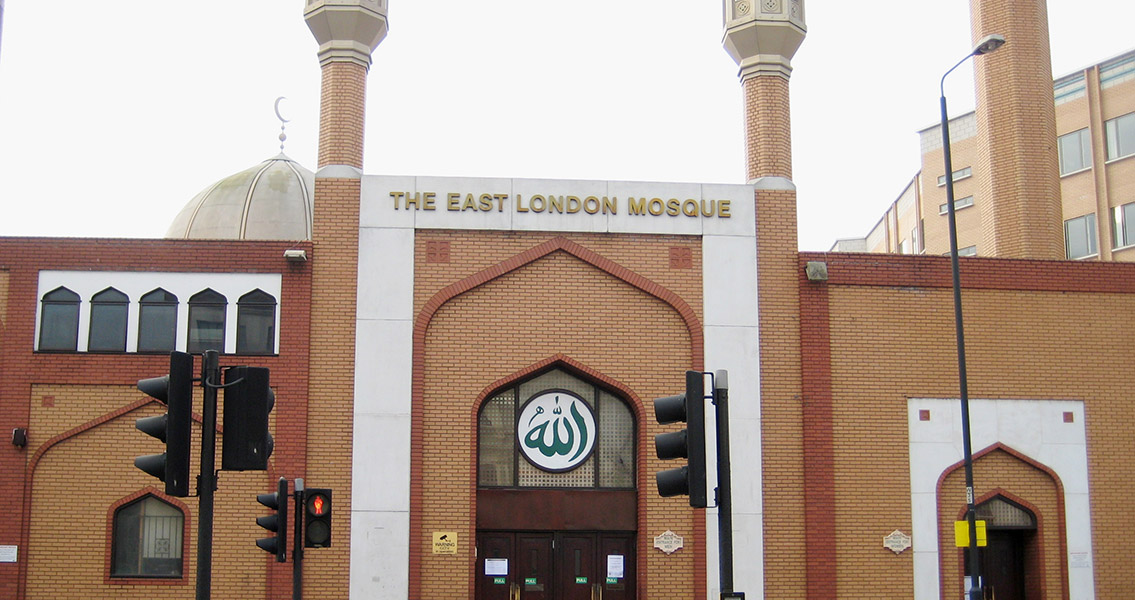<![CDATA[The historic covenants the Prophet Muhammad made with Christians could lead to greater tolerance and understanding today, according to a new research paper. Craig Considine, a sociology lecturer from Rice University, researched and analyzed many of the covenants Prophet Muhammad made with Christians during his life, coming to the conclusion that the prophet believed deeply that civic rights and freedom of religion were integral to the success of any so-called “Muslim nation”. Considine has extrapolated from his data that the same principles espoused by the prophet can and should be used in contemporary settings to further better, more democratic relations between Muslims and Christians not just in Islamic centers of civilization, but around the entire world. The researcher said in a recent press release that the covenants created between the Prophet Muhammad and Christian communities were specifically designed to safeguard those communities instead of making them vulnerable to attack. Considine went on to point out that discrimination against Christians and willful mistreatment in contemporary settings run counter to these covenants, which were written down between 622 and 632 CE. The general assumptions for them, according to the researcher, indicate that the prophet desired to create alliances with Christian communities in order to protect his own nascent one. The positive interactions Prophet Muhammad had with these communities only strengthened his resolve in these cases, Considine added. Four main covenants are explored in the paper, which include ones made with the Christians of Persia, the Christians of Najran, the monks of Mount Sinai, and an overarching covenant with all Christians worldwide. Prophet Muhammad was particularly clear on freedom of religion in the Persian covenant, as the document includes language calling for Muslims to be “duty bound to aid and care for” Christians whenever they encounter “opposition and distress.” Similar passages referring to freedom of religion and safeguarding Christians were found in other covenants as well, Considine remarked. It goes further than simply supporting Christians in practicing their own religion unmolested, however. Considine also points out how the Prophet Muhammad called for Christians to be granted full civic rights, and that the land and monasteries of Christian leaders should be protected by the strength of his personal household and his followers in any and all regions under his influence. This unwillingness of the prophet to provide preferential treatment to one group over another is reflected in his desire to avoid encroaching on the private property of Christians or inflicting harm upon them, says Considine. To do otherwise is to devalue an individual based solely on their cultural or ethnic background, and the researcher says the covenants Prophet Muhammad made with Christians of his era are proof positive of his desires to avoid such actions. Considine remarked that many of these covenants were secreted away in obscure locations, held in books that had been left untranslated and out of print for hundreds of years. He hopes that bringing them out into the light might make a difference in curbing some of the sectarian violence in regions of the Islamic world such as Syria and Iraq. The new research study can be found online here Image courtesy of Wikimedia Commons user: AA]]>
Prophet Muhammad’s Covenants with Christians Path to Peace?
